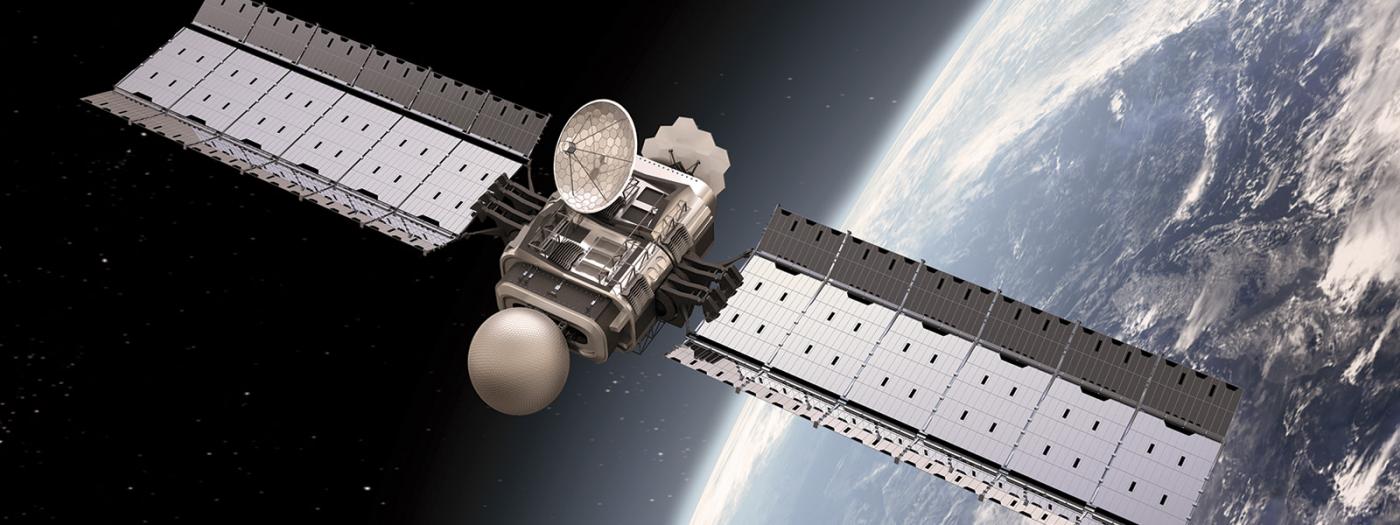This course guides the student through an introduction to data networks, summarising the technologies, protocols and solutions used in Smart Cities and Internet of Things (IoT) environments, reviewing the entire process chain from when the data is extracted from a specific point in the city (measured by a sensor or introduced by a person or machine) and taken to a data storage, processing, control or monitoring centre. The student will carry out practical work with IoT devices simulating possible Smart Cities monitoring applications so that they can understand in a practical way the processes and technologies required.
Titular Professors
Professors
In this course, the primary focus is to provide students with a comprehensive understanding of the data extraction and device connectivity process in the context of the Internet of Things (IoT). The goal is to enable students to bring data collected by devices to a platform that facilitates its visualization or storage. Upon completion of the course, students will be prepared to:
- Understand the fundamentals of data extraction and connectivity in IoT devices.
- Apply techniques to bring data collected by devices to a visualization or storage platform.
- Analyze the challenges and considerations associated with data transfer in IoT environments.
1. Introduction to data networks: Network architectures, Internet structure, addressing, switching, routing.
2. Internet of Things and Smart Cities networks.
3. Networks and monitoring technologies, data acquisition and actuation devices.
4. Infrastructure management of a Smart City network.
5. Industrial Internet of Things and Industry 4.0.
6. Cybersecurity in Smart Cities.
In this course, students will participate in theoretical and practical master classes where the fundamental concepts of IoT device technologies will be explored. Through these sessions, students will acquire theoretical knowledge about data extraction and device connectivity. In addition, a case study will be carried out where students will practically apply the concepts learned, facing real challenges and developing skills to implement effective solutions in IoT projects.
Presentation of project/case study, IoT technologies questionnaire and active participation in classes and forums.
The course will be assessed based on three different aspects:
· Development and presentation of the project (70%):
The final project of the course will be developed and presented as a group, although the score will be calculated individually based on the presentation and participation of each student in the project. To calculate the final individual score, the evaluation of the project evaluation committee (which will be made up of three of the professors of the course), the feedback from the rest of the students from other groups and the feedback from the students of the same group will be taken into account (specific templates will be provided for the evaluation of the presentations of the other groups and the partners of their group).
· IoT technologies questionnaire (20%):
To complement the evaluation of the group work carried out in the course project, a questionnaire will be shared with the students in the final phase of the course. Each student must answer it individually at home and hand it in.
· Participation in classes and forums (10%)
The different teachers of the subject will take note of the active participation of each student in the class, contributing their ideas, doubts and collaborating in the fluid and interactive development of the master classes.
The bibliography will be detailed throughout the course.
All class material (presentations, exercises, articles, documents, etc.) will be shared in the subject folder on the La Salle Intranet: eStudy.
